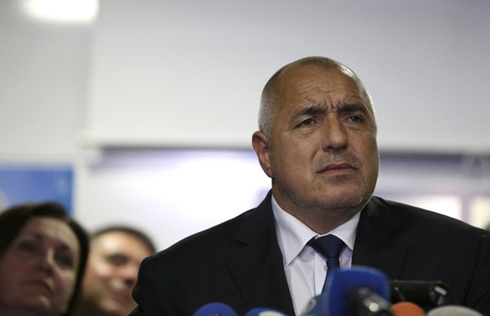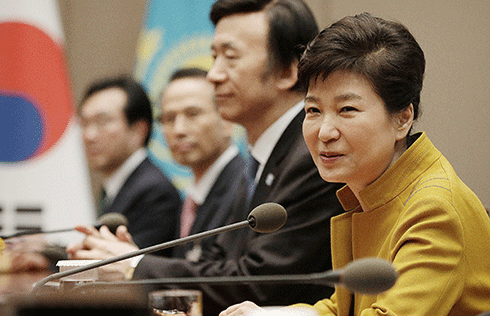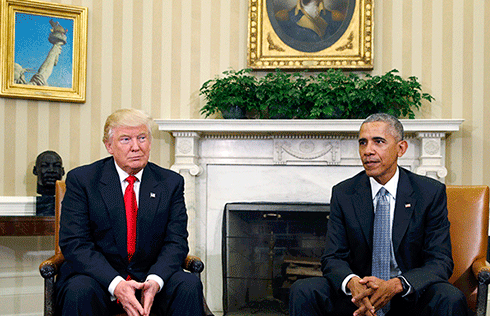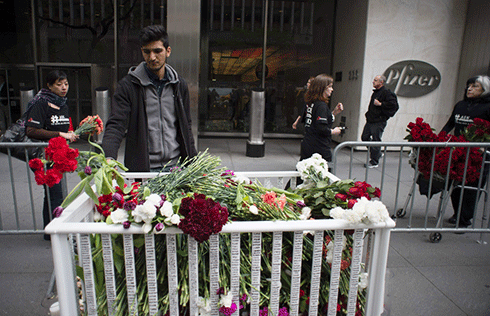UN chief calls on DPRK to abide by resolutions
UNITED NATIONS - UN Secretary-General Ban Ki-moon on Thursday called upon the Democratic People's Republic of Korea (DPRK) to abide by all the relevant UN Security Council resolutions and the Sept 19 joint statement of 2005 in order to avoid any further move to create more tensions on the Korean Peninsula.
The secretary-general, while speaking to a small group of UN-based correspondents in his office, said that the joint statement "is an agreement which was made amongst the six parties, including the DPRK, that should be implemented for continuing the denuclearization of the Korean Peninsula."
On Jan 23, the DPRK pledged to end any efforts on denuclearizing the Korean Peninsula, just hours after the UN Security Council unanimously adopted a resolution condemning its rocket launch in December.
The DPRK Foreign Ministry said in a statement carried by the official news agency KCNA that the six-party talks and the Sept 19 joint statement of 2005 "were rendered null and the denuclearization of the Korean Peninsula was put to an end" due to the US hostility.
"That's not acceptable," Ban said, referring to the DPRK statement.
"I believe that the DPRK has announced its commitment many many times in the past, that they are committed to continuing the denuclearization of the Korean Peninsula," he said. "Then they should abide by all the Security Council resolutions. This is the basic obligations of member states."
"I appeal strongly to the DPRK authorities that they heed to the appeals and urge of the international community and abide by all the Security Council resolutions and do more for the well-being of their own people," Ban said.
Amid speculations that the DPRK will conduct its third nuclear test in the near future, Ban said, "I have discussed this matter with the key countries. ...Now I am in the process of discussion (of this issue) with key members of the Security Council."
"Again I urge members of the six-party talks to unite in calling upon the DPRK to refrain from making any provocative measures, including conducting any other nuclear test," he said.
The six-party talks, which involve South Korea, the DPRK, China, the United States, Japan and Russia, began in 2003 but stalled in December 2008.
The DPRK quit the talks in April 2009 in protest at international condemnation of its long-range missile tests.
On Jan 22, the UN Security Council passed unanimously a resolution condemning the DPRK's satellite launch on Dec 12, 2012. The resolution also urges a peaceful, diplomatic and political resolution to relevant issues and a resumption of the six-party talks.
The Security Council "demands that the DPRK not proceed with any further launches using ballistic missile technology, and comply with resolutions 1718 (2006) and 1874 (2009) by suspending all activities related to its ballistic missiles program and in this context re-establishing its pre-existing commitments to a moratorium on missile launches," said the resolution.
In response, the DPRK said it plans to conduct a new nuclear test and more rocket launches aimed at its "sworn enemy" of the United States.


















